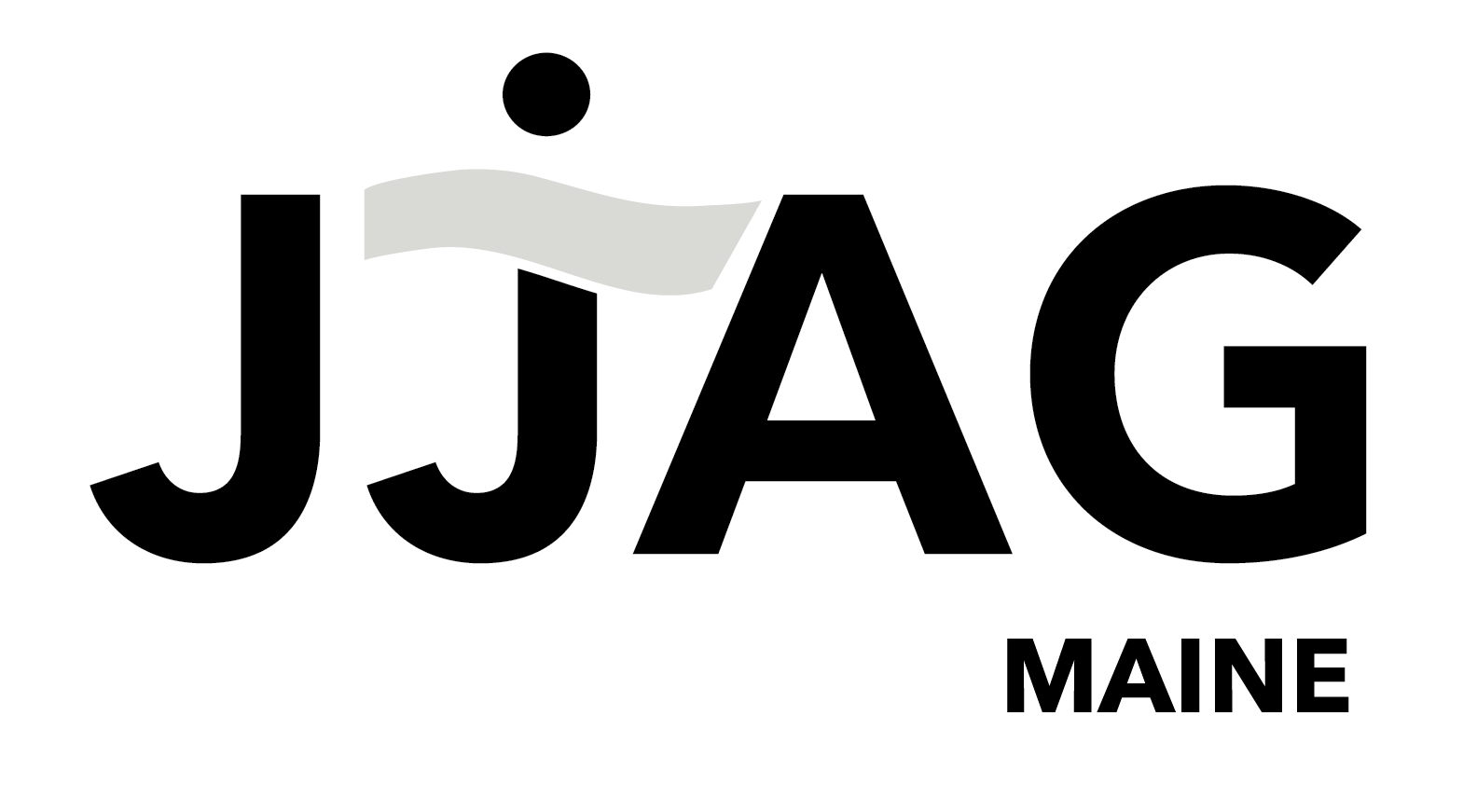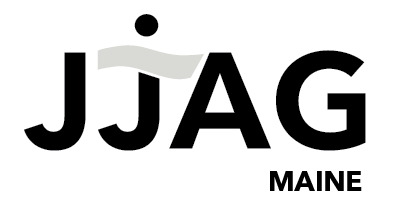The JJAG provides policy direction and participates in the preparation and administration of the state’s federal funds available through the JJDPA. The JJAG is also responsible for supporting compliance with the core protections of the law and providing information about the Act’s requirements to state and local policymakers. The JJAG’s main functions are described below:
Ensure compliance with the JJDPA’s four core protections.
To receive federal funding, a state must maintain compliance with the four core protections of the law as follows:
- Deinstitutionalization of Status Offenders – Ensure that youth who whose actions would not be considered offenses if they were adults are not held in secure confinement. The most common examples of status offenses are skipping school, running away, breaking curfew, and possession or use of alcohol.
- Jail Removal – Ensure that youth are not held in adult jails or holding facilities, with very limited exceptions including before or after a court hearing (6 hours), in rural areas (24 hours plus weekends and holidays), or in unsafe travel conditions.
- Sight and Sound Separation – Under the limited exceptions above, ensure that youth do not have contact with adults who are under arrest or incarcerated. Youth cannot be housed next to adult cells, share dining halls, recreations areas, or other common spaces with adults, or be placed in any circumstances that could expose them to threats or abuse from adult offenders.
- Racial and Ethnic Disparities (formerly Disproportionate Minority Contact) – States are required to assess and address the racial and ethnic disparities of youth at all points in the justice system – from arrest to detention to confinement.

